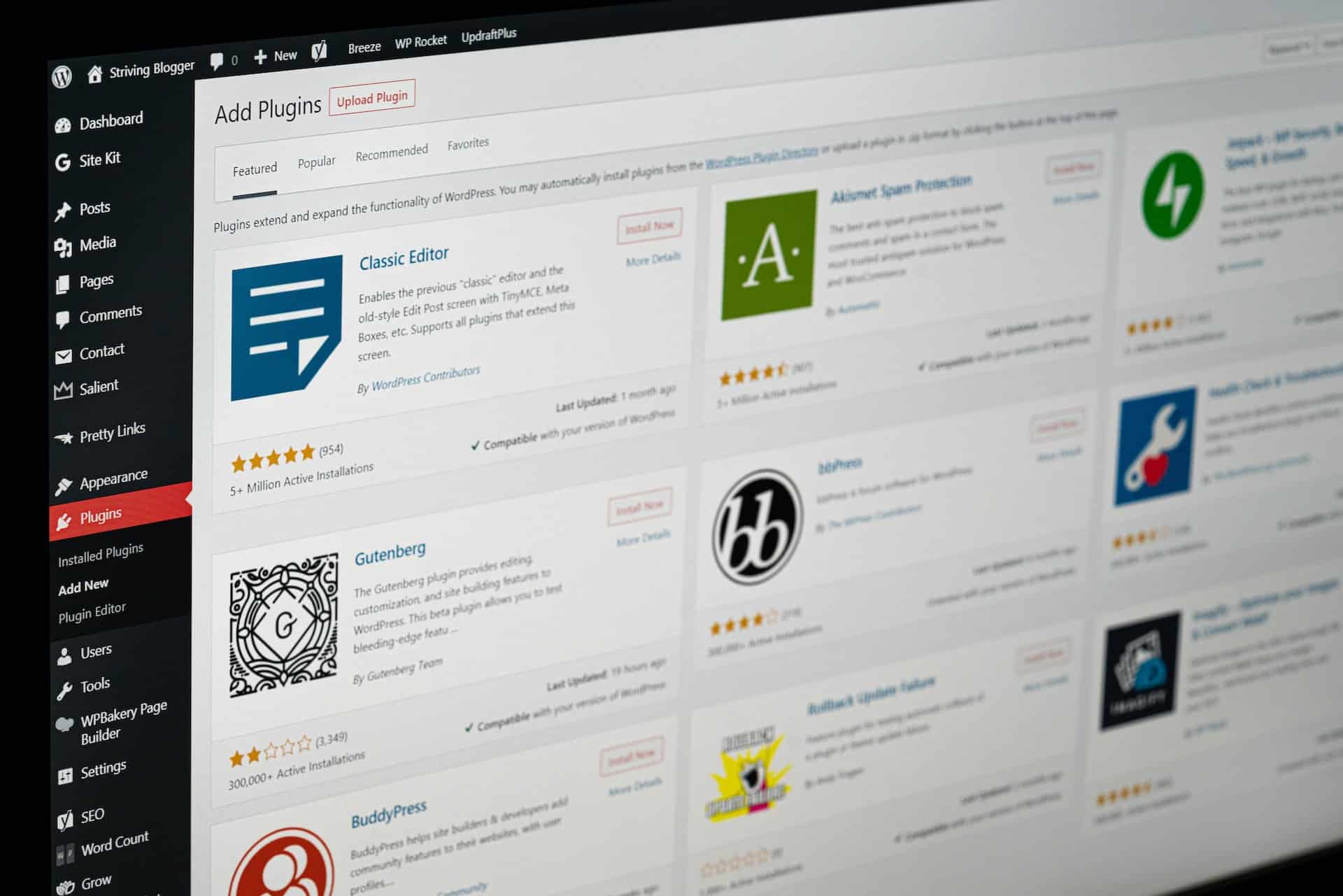WordPress is one of the world’s most popular content management systems (CMS). Millions of people, including small businesses and major organisations use it. While WordPress is a very secure platform, it is not immune to malware infections.
In this article, we will discuss the most common WordPress malware infections. We will also provide tips on how to protect your WordPress site from them.
Adverse Redirects
A piece of redirector malware could alter your WordPress site’s siteurl/homeurl settings, leading visitors to a spam or scam page instead of your intended one. Hackers employ this strategy to take advantage of the site’s existing traffic and swindle its users.
Because of the one-time nature of some of the differences, they can be particularly challenging to solve. Given that this only occurs within a single visitor’s browser session, it presents a significant challenge for the website administrator to identify and fix.
Plugins and themes with security flaws that have not been fixed are significant causes of redirect-based malware. In many situations, redirection is merely the tip of the iceberg, as the website itself is likely infected with malware.
Looking for a complete WordPress Maintenance Plan?
With all ThriveWP care plans, we include free migration, malware removal, daily/hourly backups, plugin theme and core updates, ongoing support and 24/7 security monitoring and firewall.
Backdoors
This malware is designed to hide itself from the website’s owner by opening a backdoor via which attackers can gain access.
At least 60.04% of affected websites had at least one backdoor in 2020, according to the most recent Website Threat Research Report. It’s now abundantly evident how crucial backdoors are to cybercriminals.
It is common to practise for an attacker to infect a website and install a backdoor after discovering a patched vulnerability, unprotected admin panel, or reused password. Once the vulnerability has been addressed, the backdoor can be exploited to maintain unauthorised access and gain entry to the website.
Hacktools
It’s not uncommon to come across hacktools when fixing compromised websites.
DoS (Denial of Service) assaults, server-level exploits, and even mundane file administration activities are all within reach of hackers, thanks to the availability of such tools. Incredible damage can be done by what appears to be a harmless and straightforward section of code.
Pharma Hacking and Content Spam
Search engine optimisation (SEO) spam, commonly known as spamdexing, is a prevalent infection type on hacked websites.
In order to manipulate search engine results and divert people to sites that pay them for dubious marketing, attackers frequently use a website’s pages and rank to populate their own SEO spam.
Webmasters often face a nightmare when dealing with these viruses because of how well they may hide.
Phishing
In order to fool their victims into divulging critical information, such as usernames, passwords, or payment information, cybercriminals frequently pose as reputable businesses in phishing efforts.
Attackers frequently use highly sophisticated pages that are designed to look like an exact clone of a legitimate website.
Web users should take phishing sites very seriously because of the harm they pose. Search engines like Google and Bing immediately blacklist websites that are hosting phishing content once their hosting providers become aware of the activity. This can have a negative effect on a website’s earnings, especially if the site features an online store, because of the negative publicity it will receive.
Conclusion
WordPress malware infections can be a major threat to website security. While there are many types of malware, the four most common WordPress malware infections are backdoors, pharma hacks, social engineering, and malicious redirects. It is important for website owners to be aware of these malware types, as well as the signs of infection and prevention techniques.
By understanding the various types of WordPress malware, website owners can take proactive steps to protect their websites from malicious attacks.
If you are looking for a company that offers WordPress website maintenance packages, look no further than our services here at ThriveWP. We are UK-based experts in WordPress support, site care and management services. Call us today and let us deal with all the malware concerns of your WordPress page in no time!






